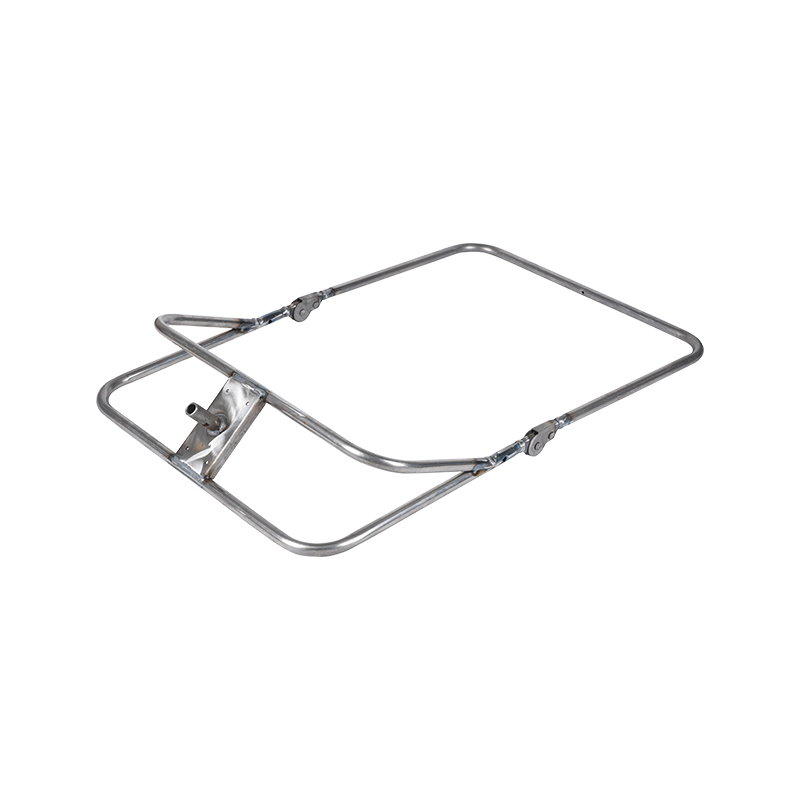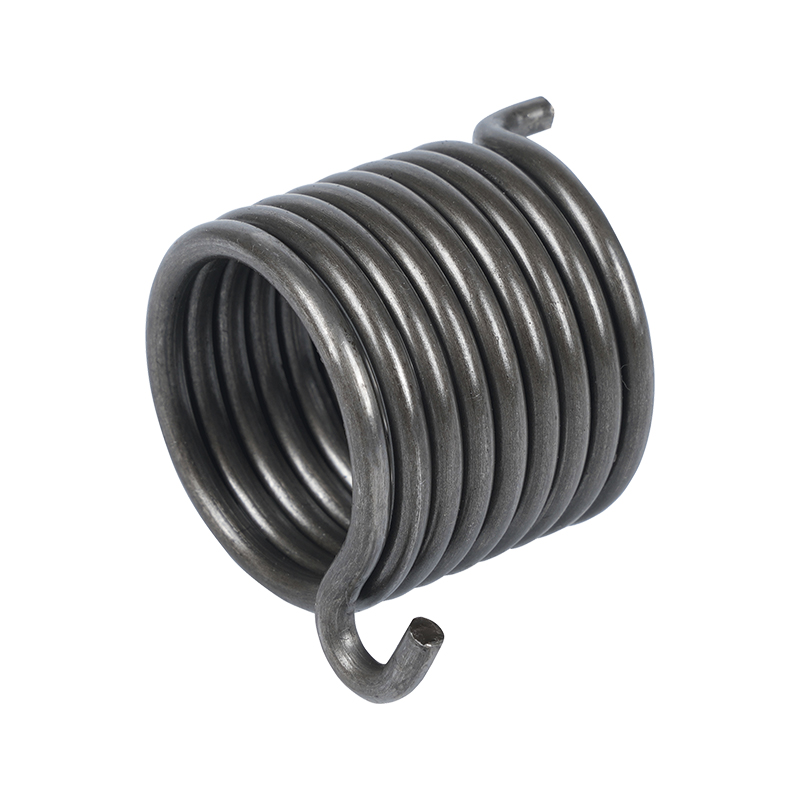Custom Cast Aluminum Components: How Tailored Designs Improve Product Performance
In modern manufacturing, the demand for precision-engineered components is steadily increasing. Among the materials used, custom cast aluminum has gained attention due to its versatility, lightweight nature, and strength. By adopting tailored designs, manufacturers can enhance the performance of their products, reduce production costs, and meet unique industry requirements.

The Advantages of Custom Cast Aluminum
Custom cast aluminum allows engineers to create components with complex geometries that would be difficult or impossible to achieve with traditional manufacturing methods. Its inherent strength-to-weight ratio makes it ideal for applications where reducing weight without compromising durability is critical. For instance, in automotive or aerospace industries, lighter components contribute to fuel efficiency and improved handling, while still maintaining structural integrity.
Beyond mechanical performance, aluminum also offers reliable thermal and electrical conductivity. This property is particularly valuable in applications requiring efficient heat dissipation or energy transfer, such as heat exchangers, electrical housings, or engine components. The ability to design aluminum components tailored to specific applications ensures that these advantages are fully realized.
Tailoring Designs for Industry Needs
One of the significant benefits of custom casting is the flexibility it provides in design. Components can be shaped to exact specifications, which reduces the need for secondary machining processes. This not only lowers production costs but also reduces material waste. Companies can develop parts that fit ideally within assembly lines, machinery, or equipment, reducing installation time and improving overall efficiency.
In addition, custom designs allow for functional enhancements. Features like integrated channels for cooling fluids, reinforced sections for stress points, or hollow sections for weight reduction can all be incorporated during the casting process. By considering both the mechanical and operational requirements from the early stages of design, manufacturers can achieve components that perform reliably under specific conditions.
Customization Beyond Aluminum
While custom cast aluminum is popular, other materials like customized stainless steel also play a crucial role in manufacturing. Stainless steel offers advanced resistance to corrosion, high-temperature performance, and strength. By customizing stainless steel components, industries such as food processing, chemical handling, and marine applications benefit from components that withstand harsh environments while maintaining precision and durability.
The choice between aluminum and stainless steel often depends on the application's requirements. Aluminum is preferred when lightweight and thermal conductivity are priorities, whereas stainless steel is chosen for its resilience and resistance to wear or chemical exposure. Combining tailored designs with the right material ensures that components meet both performance and longevity goals.
Enhancing Product Lifespan and Reliability
Tailored designs not only improve performance but also enhance the lifespan of components. By carefully considering load distribution, stress points, and environmental factors, engineers can design aluminum or stainless steel parts that resist deformation, fatigue, and corrosion. This advances to longer service intervals, reduced maintenance costs, and fewer replacements over the product's lifecycle.
Moreover, custom designs can simplify assembly and integration with other parts. Components designed with precise tolerances and interfaces reduce the likelihood of errors during installation and ensure smoother operation. This level of attention to detail directly impacts the overall reliability of machines and equipment.
The use of custom cast aluminum and customized stainless steel components demonstrates how tailored designs can significantly enhance product performance. By combining material properties with thoughtful engineering, manufacturers can produce components that meet specific operational needs, improve efficiency, and extend the lifespan of products. The flexibility offered by customized designs allows industries to innovate and adapt to evolving requirements without compromising on quality or functionality.
Ultimately, investing in tailored metal components is a strategic approach that balances performance, durability, and design precision, supporting sustainable and effective manufacturing solutions across diverse sectors.


 English
English русский
русский Español
Español











